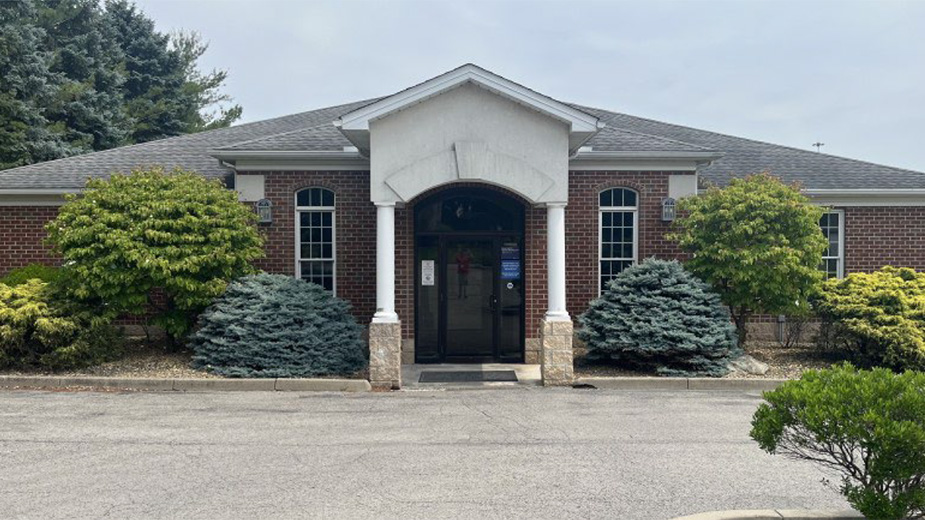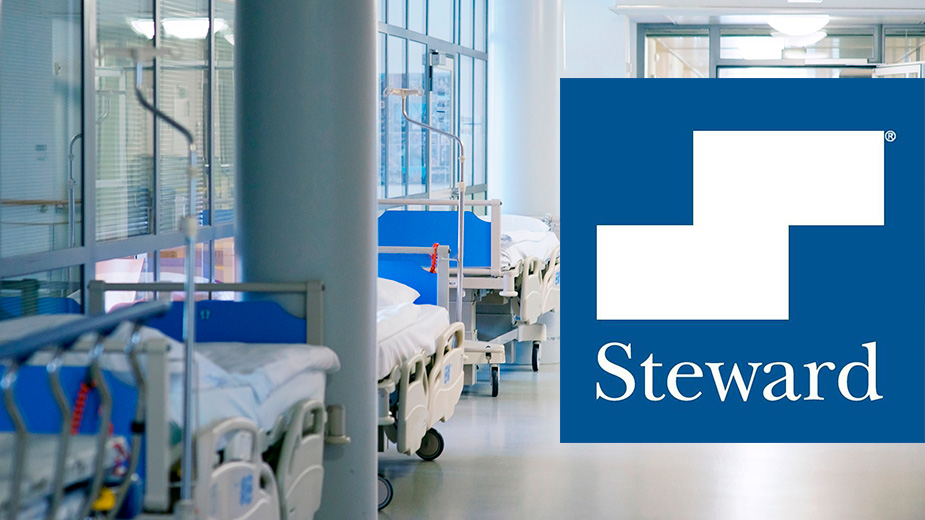Gen Z Could Change the Way Health Care Is Delivered
Mark Richardson
Ohio News Connection
Mental health coverage and using digital devices to communicate with doctors’ offices are among the health care priorities of Generation Z.
Providers are urged to make note of the needs of patients born between the mid-1990s and the early 2010s. Industry researchers say like a lot of other age groups, Gen Z embraces telemedicine. But as these individuals begin to navigate adulthood, they also value online apps that make it easier to schedule appointments, manage conditions and look up data.
Dr. Donald Tavakoli, national medical director for behavioral health with United Healthcare, said this generation wants to feel empowered when receiving care.
“What we know about Gen Z is they have significant rates of mental illness,” he said. “And that is a time where mental health issues are prominent in terms of the health care needs of that age range.”
He added Gen Z deserves praise for normalizing conversations regarding behavioral health amid nationwide calls to expand mental health. There are about 68 million Gen-Zers in the country, according to the U.S. Census Bureau, many of whom are just finishing their education and looking for their first job.
Tavakoli said as those in Gen Z enter the workforce, they are looking for health care that fits their lifestyle. Because they report higher rates of depression, eating disorders and even suicidal behaviors, he says it is important they understand terms such as deductibles, co-insurance and out-of-pocket when signing up for plans.
“They have significant rates of mental illness, so we think it’s really important that they first have their health insurance lingo down – really understanding the common terms of how to navigate health insurance.”
Industry experts say because they prioritize their mental health, these individuals are likely to seek out employers who offer packages with quality behavioral health coverage.
“Wellness and rewards programs are really important,” he continued. “Remember, our physical health and mental health are intertwined. So many of those incentives for everyday healthy living have positive prevention impact on your mental health as well.”
Pictured at top: Experts in health care say Generation Z – especially those born in the late 1990s – prefer to have a lot of their care at their fingertips, including tracking conditions, setting up appointments and consulting with doctors. (Wikimedia Commons)
Published by The Business Journal, Youngstown, Ohio.



